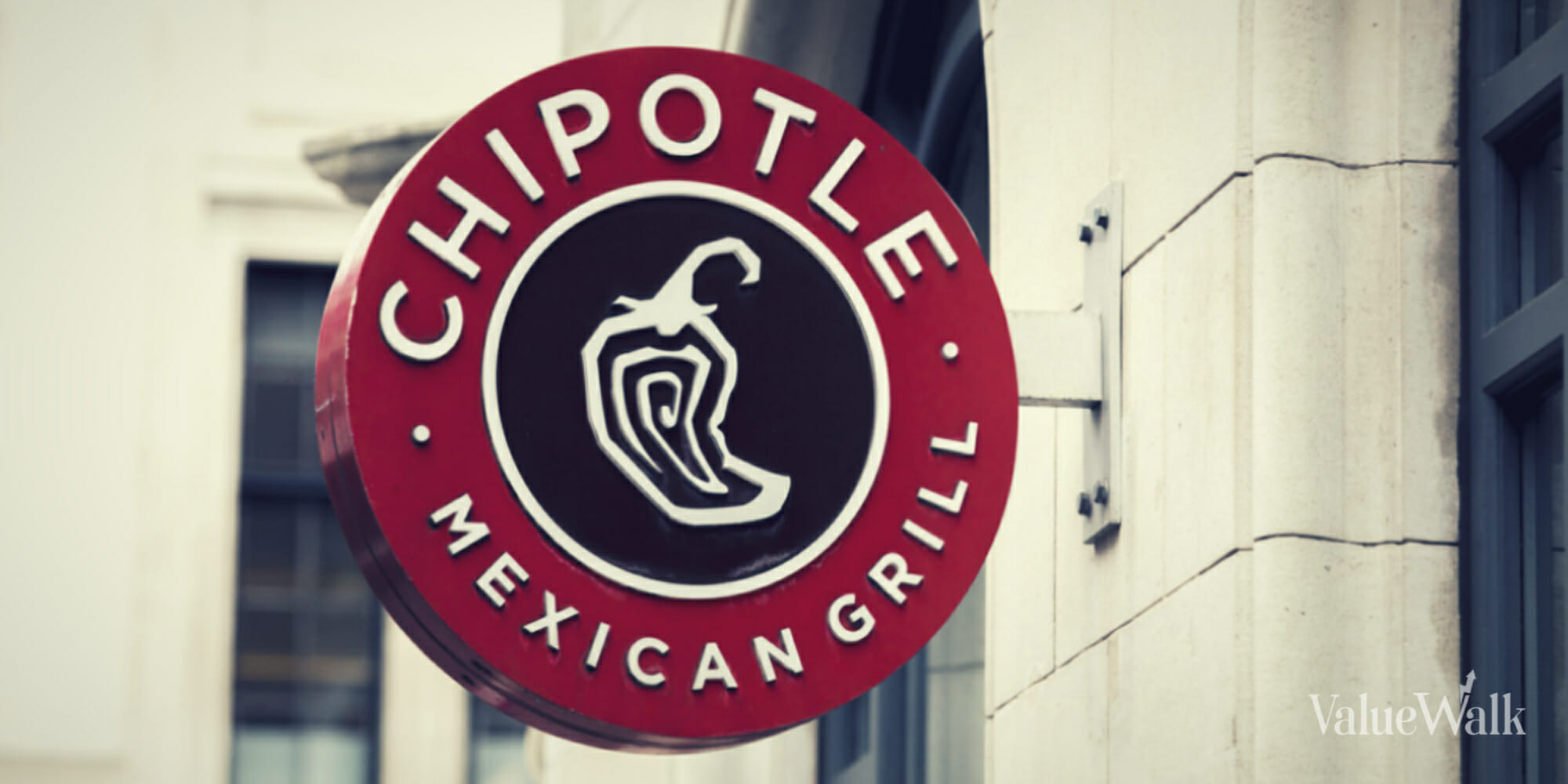Well, three years ago, that refrain was all the rage. According to Forbes, we brought our Twitter feeds, Facebook status updates and Instagram posts to a cemetery, picked up some shovels and buried privacy in the ground.
The burial was probably live-streamed as well.
Also Read
- Facebook Camera GIFs Are Becoming A Reality
- Cryptocurrency Market From Venezuela To America, Ideal For Today
- All You Need Is… Time
- When You Think It Can’t Get Worse, The Markets Become Even More Absurd
Apparently, social media was the murder weapon.
All of our Google searches, our Facebook posts, our willingness to allow our apps to access third-party websites — all of it meant privacy’s death by a thousand, tiny, data-deporting cuts. Our apathy allowed companies to track our location, our preferences, any kind of record floating out there over the Internet.
After all, most Americans don’t read the “terms and conditions” when they use those platforms.
In 2014, a Fairer Finance survey found that 73% of people don’t read the entire fine print. That’s why hundreds of college students agreed to give a social network site called “NameDrop” their future firstborn children during an experiment held by two communications professors in 2014.
You read that right — their firstborn children. More than 75% of the 543 students in the experiment ignored the fine print.
Luckily, NameDrop was a fake company and those students didn’t have to worry about “Rumpelstiltskin-ing” their kids — but the implications were clear. We didn’t care about ensuring our privacy anymore. We were willing to give up personal information for effortless access to the digital world around us.
But fast-forward to 2017: Is that still true?
Well, most of us still don’t read the terms and conditions. Earlier this month, public Wi-Fi provider Purple ran a similar experiment and got 22,000 people to agree to a community service clause that required them to complete 1,000 hours of cleaning port-a-potties, hugging stray cats and dogs, and “painting snail shells to brighten up their existence.” Only one person — one— over the course of two weeks spotted the crazy addendum.
I admit that may not be particularly inspiring … but I still think there’s a spark of hope. And surprisingly, it lies in social media usage.
See, WhatsApp — a secure, private messaging app that’s end-to-end encrypted — has exploded recently.
One out of every seven people around the globe uses it. A billion people now use it every day, up from a billion per month in 2016. Compare that to the very public Twitter, which added … wait for it … about zero monthly users last quarter and actually lost 2 million in the U.S., and that’s where my hope kicks in.
Twitter and WhatsApp have fundamentally different purposes: One broadcasts your thoughts to the entire world, leaving your ideas to imprint themselves on the Internet’s consciousness like a tattoo.
The other is a direct-messaging service, ensuring you only reach the people you mean to reach.
This tells me people are starting to wake up, to show concern for their online privacy. A survey conducted early this year underscores that evolution: Seven in 10 people are more worried today about the security of their online information than they were two years ago.
So while people might not have learned to read the fine print yet (and I’m losing hope that will ever happen) — we’re more aware of the problem and starting to focus our energies on platforms designed to give us a private space for sharing.
That’s something we’ve always stressed at Banyan Hill (and you can access our privacy advice here), so I’m excited about these signs.
There’s much — much — more we can do, but it gives me hope that privacy is stirring from its grave. Baby steps.






